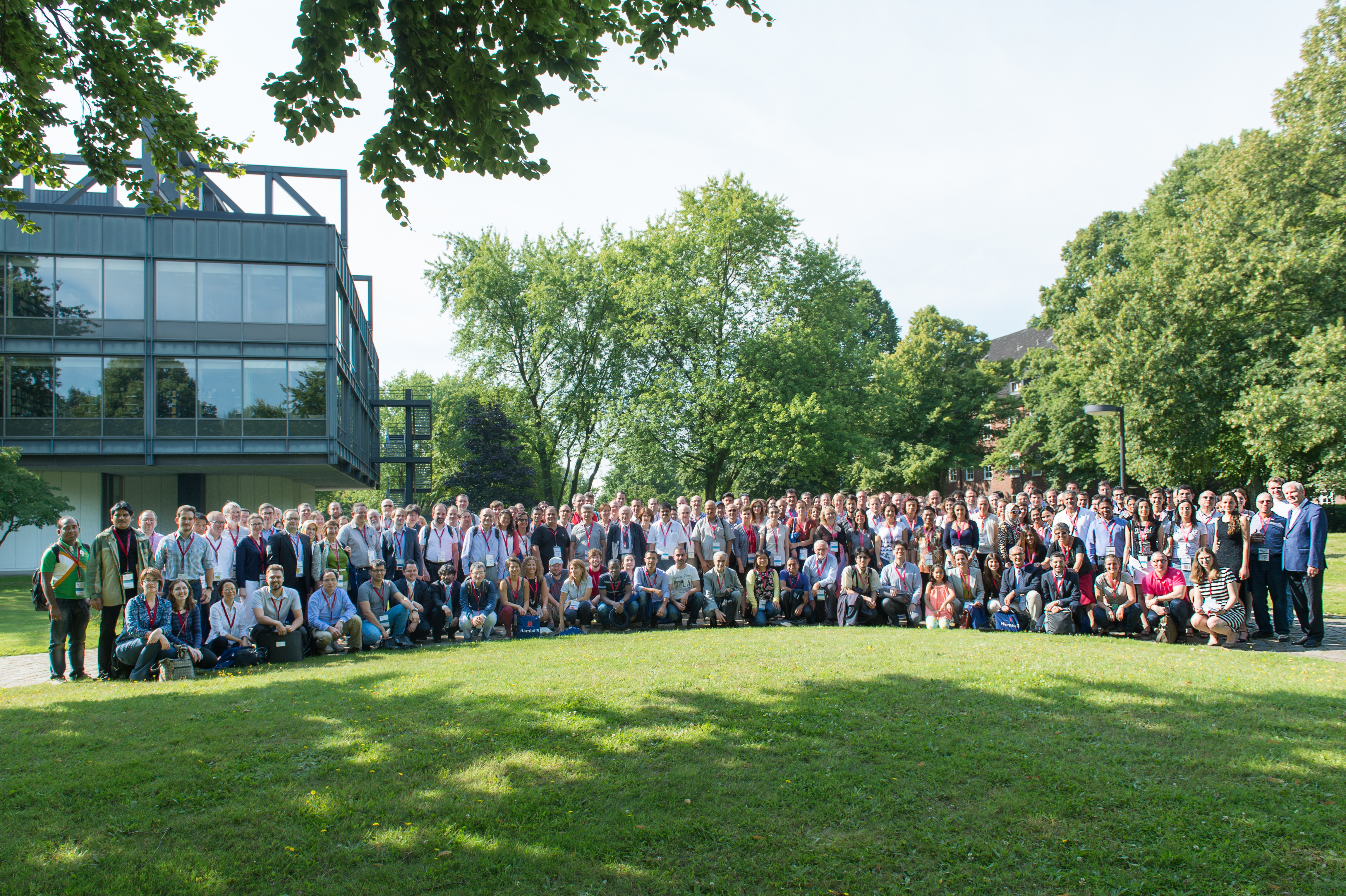The Art of Supporting Decision-Making
DOI:
https://doi.org/10.31273/eirj.v4i2.166Keywords:
Decision making, Decision analysis, Decision aiding, Decision support, Multiple criteria, Stakeholders’ involvementAbstract
The provision of decision support methods and strategies is of primary importance to guarantee justifiable decision-making processes. Many of the experts and practitioners in this area gathered from 3 to 7 August 2015 at the 23rd Conference of the International Society on Multiple Criteria Decision Making at Helmut-Schmidt University in Germany. This critical reflection gathers the opinions and perspectives of eight leading scholars in the area of decision support, which were mostly video-recorded at this conference. The core findings of those interviews are summarized in this article, which focuses on (i) what Multiple Criteria Decision Making, Analysis and Aiding (MCDM/A) is, (ii) its main strengths and success factors, (iii) the recommended pathway to pursue a comprehensive understanding of MCDM/A; (iv) the main areas of application where MCDM/A is used; and (v) the recommended approaches to integrate MCDM/A in other research domains.Downloads

Downloads
Published
Issue
Section
License
Authors who publish with this journal agree to the following terms:
Authors retain copyright and grant the journal right of first publication with the work simultaneously licensed under a Creative Commons Attribution License (CC-BY), which permits use and redistribution of the work provided that the original author and source are credited, a link to the license is included, and an indication of changes which were made. Third-party users may not apply legal terms or technological measures to the published article which legally restrict others from doing anything the license permits.
If accepted for publication authors’ work will be made open access and distributed under a Creative Commons Attribution (CC-BY) license unless previously agreed with Exchanges’ Editor-in-Chief prior to submission.
Authors are able to enter into separate, additional contractual arrangements for the non-exclusive distribution of the journal's published version of the work (e.g., post it to an institutional repository or publish it in a book), with an acknowledgement of its initial publication in this journal.
Authors are permitted and encouraged to post their work online (e.g., in institutional repositories or on their website) prior to and during the submission process, as it can lead to productive exchanges, as well as earlier and greater citation of published work. (see: The Effect of Open Access)
